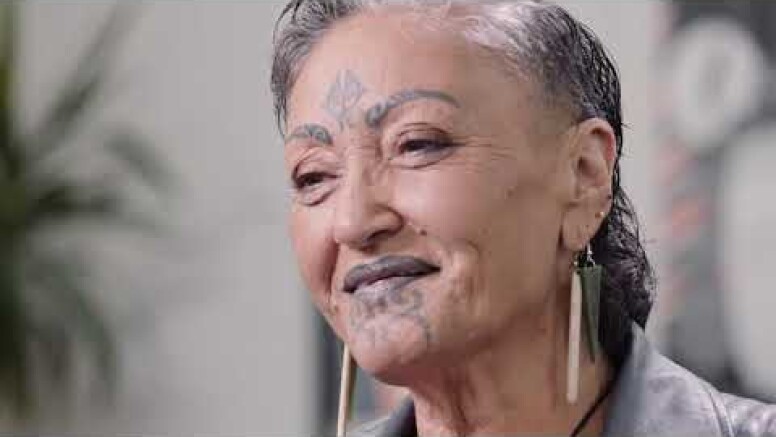Rautaki | Strategy
Nōku te Ao is our commitment to improving the lives of all New Zealanders by ending prejudice and discrimination against people with lived experience of mental distress.
Mate atu he tete kura, ka haramai he tete kura.
We look to the past leadership to advance today’s leaders into the future.
Whāia te pae tawhiti kia tata, whakamaua te pae tata kia tīna. Nōku te Ao are on a national journey to pursue the end of discrimination of those with lived experience of mental distress.
Our vision is a nation where all people uphold the mana and human rights of those with experience of mental distress.
With small steps, together, an Aotearoa becomes where there is no prejudice, discrimination, or exclusion of those with lived experience of mental distress.
The Nōku te Ao strategy considers our principles of Tino Rangatiratanga, Taonga Tuku Iho, Mātauranga Māori, Whānau, and Mana Tangata. This ensures that each and every one of us plays our part in the journey ahead.
Read our strategy documents for kōrero on how to put our best foot forward for whānau.
Why ending prejudice and discrimination matters
Mental distress is common and it affects some population groups more than others; mental distress is more prevalent amongst Māori and is almost double that of non-Māori.
Nōku te Ao marks a new beginning that is grounded in Te Tiriti o Waitangi and equity to ensure we work with and for the people most affected by discrimination.
Ending prejudice and discrimination against people with experience of mental distress matters to everyone:
For Māori
It is an expression of the special relationship between Māori and the Crown under Te Tiriti o Waitangi which guarantees the right of present and future generations of Māori to flourish in an inclusive world.
For people with experience of mental distress
It means a greater sense of self-worth, better whānau and community connections, improved employment prospects, a liveable income and a longer, healthier life.
For families and whānau
It eases their shame, grief, fear and pessimism, enabling them to include and value people with mental distress as members of their social group.
For communities, educational settings and workplaces
It removes ignorance, discomfort and fear that has led to the exclusion of people with mental distress from valued and contributing roles.
For health and social services
It increases optimism and respect for people with mental distress and lessens the pressure for services to manage perceived risks on behalf of the community.
For the whole of Aotearoa New Zealand
it contributes to a more just society and greater community wellbeing, and it will reduce the cost of serious mental distress to the community – five percent of GDP ($12 billion) in 2014.
Kōtuitui | Creating connections
Māori, as Te Tiriti partner, will lead Nōku te Ao at all levels. The programme will be steeped in te ao Māori – kawa, tikanga, te reo, mātauranga and kaupapa Māori principles.
We are committed to a strong focus on equity, coordinated leadership, active communications, sound structure, and building networks and capacity to achieve its goals.
Commitment to equity
Nōku te Ao commits to a strong focus on equity, coordinated leadership, active communications, sound structure, and building networks and capacity to achieve its goals.
Strengthen leadership and coordination
The Health Promotion Directorate within Te Whatu Ora will provide coordinated leadership, active communications, and a sound structure that links the different activities and levels.
Build networks and capacity
Building networks and capacity will enable the people involved in Nōku te Ao to be well aligned to each other, take up opportunities to do the work and to deliver best practice.
Strengthen research and evaluation
Nōku te Ao needs to be supported by robust planning, research to understand the problem and how it changes over time, and evaluation to help us understand if we are achieving the vision.
Ngā kōrero wheako o te whānau | Whānau experiences
Watch the powerful kōrero of Hine Moeke-Murray (Ngāti Porou), Kōkā of Nōku te Ao. She explains how for Māori, Nōku te Ao is not about the individual journey, but the impact on all of us as a whānau and the journey that we walk together.
Video Link: https://www.nokuteao.org.nz/assets/Videos/hTMmJinN98Y.mp4

